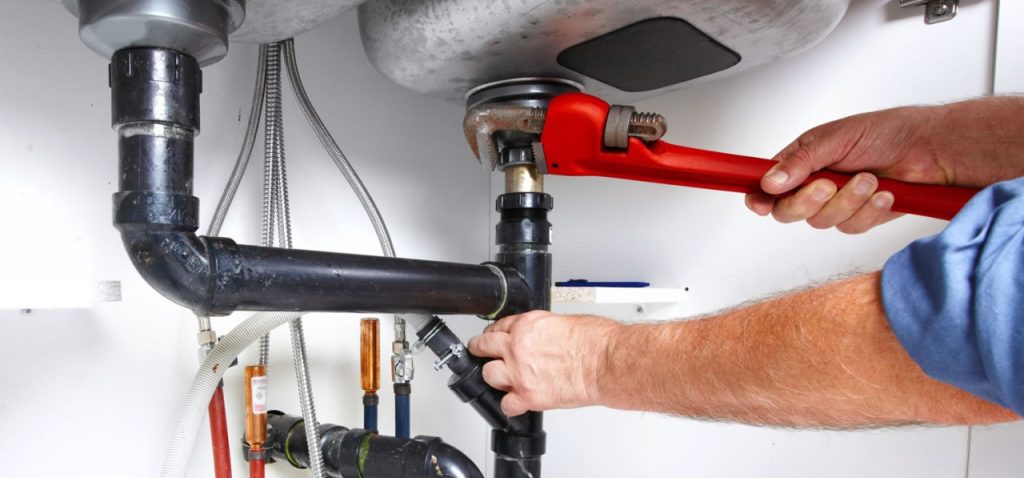When choosing a plumbing service provider for your house, it is important to consider the following:
- License and insurance: Make sure the provider is licensed and insured to protect yourself and your property in case of any accidents or damages.
- Experience and reputation: Look for a provider with a good reputation and a track record of satisfied customers.
- Range of services: Consider the types of services offered, as well as the provider’s experience and expertise in those areas.
- Pricing: Get quotes from multiple providers to compare prices and ensure you are getting a fair and reasonable rate.
- Availability and responsiveness: Choose a provider that is available when you need them and that responds quickly to your calls and emails.
Ultimately, choose a provider that you feel comfortable with and that you trust to do a good job. 24 hour plumbers near me

PREVENTION OF WATER DAMAGE:
Preventing water damage in your home can be accomplished by taking a few simple steps:
- Check for leaks: Regularly check your pipes, faucets, and appliances for leaks and have them repaired immediately.
- Maintain your appliances: Keep appliances such as washing machines, dishwashers, and water heaters in good working condition to prevent leaks and other malfunctions.
- Insulate pipes: Insulate pipes in unheated areas of your home, such as the attic and garage, to prevent freezing and bursting.
- Install a sump pump: A sump pump can help prevent water damage in the basement by removing water that may accumulate due to heavy rainfall or flooding.
- Install a water alarm: A water alarm can alert you to potential leaks or water damage before it becomes a major problem.
- Keep gutters and downspouts clean: Clear gutters and downspouts of debris to ensure proper drainage and prevent water from seeping into your home.
- Keep an eye on weather forecast: Be aware of the weather forecast, especially during heavy rain or snowfall, to take appropriate measures to protect your home.
SAFE AND CLEAN WATER:
Ensuring that the water in your home is safe and clean is important for maintaining good health and hygiene. Here are a few ways to ensure that the water in your home is safe and clean:
- Test the water: Have your water tested regularly to check for contamination from bacteria, pesticides, or other chemicals.
- Install water filters: Install water filters on your faucets and in your showerheads to remove impurities and improve the taste of your water.
- Use a water softener: If your water is hard, consider installing a water softener to remove excess minerals and improve the quality of your water.
- Avoid using lead pipes: Lead pipes can leach lead into your water, which is harmful to your health. If your home has lead pipes, consider having them replaced.
- Get your water tested: Have your water tested if you suspect any contamination, or if you are moving into a new home.
- Keep an eye on local alerts: Keep an eye out for any boil-water alerts or other water-related alerts in your area, and follow any instructions provided by local authorities.
- Keep an eye on appliances: Regularly maintain and clean appliances that use water, such as water heaters and refrigerators with ice makers, to prevent contamination.If you need Plumbing service visit us
PREVENTION OF HEALTH RISKS:
Preventing health risks associated with water in your home is important for maintaining the well-being of yourself and your family. Here are a few ways to prevent health risks associated with water in your home:
- Test for lead: Have your water tested for lead, especially if your home was built before 1986, as lead pipes were commonly used in homes built before this time.
- Test for bacteria: Have your water tested for bacteria, such as E. coli, to ensure that it is safe to drink.
- Test for other contaminants: Have your water tested for other contaminants, such as pesticides or chemicals, to ensure that it is safe to drink.
- Use a water filter: Install a water filter on your faucets and in your showerheads to remove impurities and improve the taste of your water.
- Boil water: If you are on a well or if your area has issued boil water alerts, boil water before drinking or cooking with it.
- Keep appliances clean: Regularly maintain and clean appliances that use water, such as water heaters and refrigerators with ice makers, to prevent contamination.
- Properly maintain septic systems: Septic systems require regular maintenance to ensure that they function properly and do not contaminate your water supply.
- Keep an eye on local alerts: Keep an eye out for any boil-water alerts or other water-related alerts in your area, and follow any instructions provided by local authorities.



